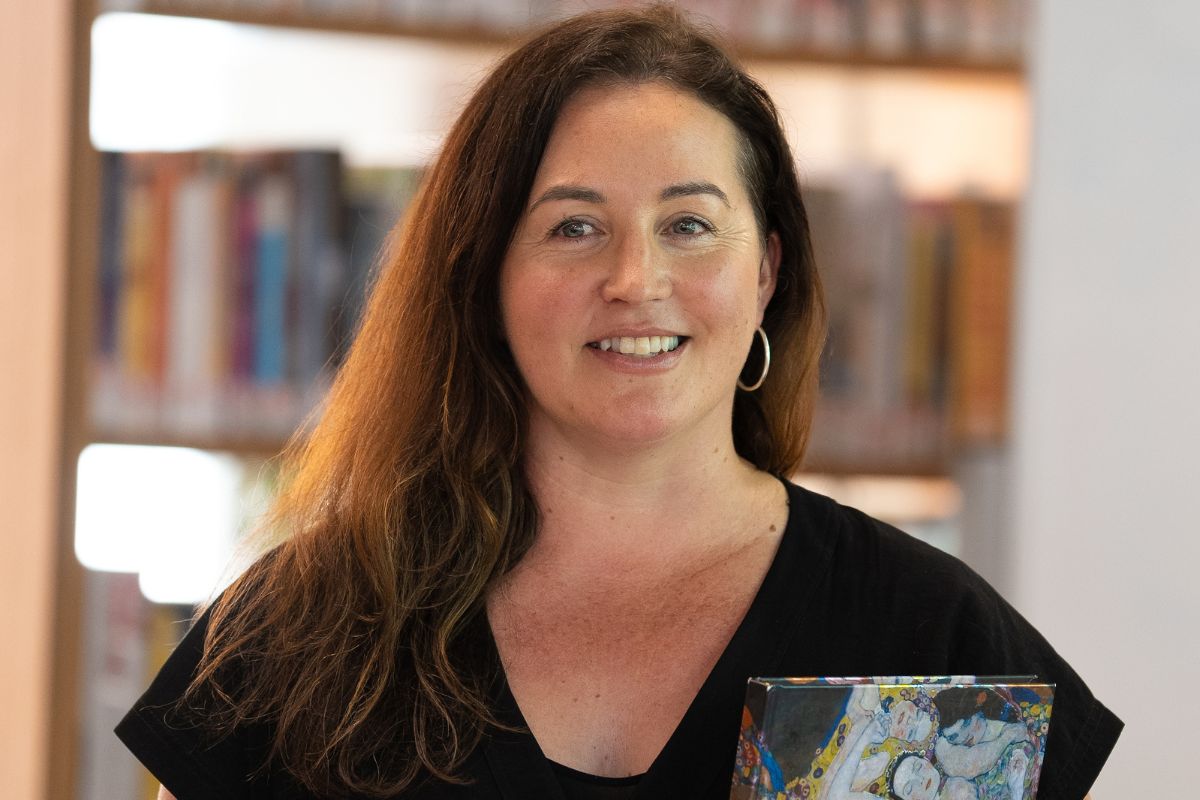International exchange

An international exchange can provide secondary schoolers with a once-in-a-lifetime cross-cultural experience; an opportunity to learn another language, make lifelong friends and become immersed in another way of life, writes Kate Telfer
Why study abroad during secondary school?
For many youngsters and protective parents, an overseas exchange during secondary school can seem like a daunting separation and is often overlooked as too hard, expensive or overwhelming. While being apart from family and friends can be difficult for students, the experience itself provides an invaluable opportunity to gain independence and valuable life skills while experiencing life in another country.
Secondary school students embarking on exchange programs are often matched up with a host family, which in itself is a once-in-a-lifetime experience. Living with a family and attending school every day with host siblings in another country provides ample opportunity for students to develop close friendships that can last a lifetime.
Students are exposed to different ways of thinking and living through observing and interacting with their host families, which in turn will help them mature and develop broader perspectives on all aspects of life and world affairs.
Secondary school exchange options
Students can choose from a variety of study exchange options to suit their needs and personality, from a short two-week study holiday to an entire year abroad.
Short study holidays (two to three weeks)
Most schools offer their own short study programs with affiliated international schools which range from two to eight weeks. These programs are usually organised to correspond with a LOTE class as a chance for a group of students to practise and develop their foreign language skills. A short study holiday usually includes a brief period attending an overseas high school as well as a tour accompanied by teachers from the students’ home school. Study holidays arranged by individual Australian schools are a great way for students to bond and develop deep relationships with their peers as well as have a taste for travel without missing too much of their academic schooling back home.
Should your child’s school not offer an appropriate short study holiday program, there are many options available through Australian-based exchange organisations such as AFS (www.afs.org.au), Rotary Australia (www.rotaryaustralia.org.au) and Education First (www.ef-australia.com.au).
Summer exchange programs (two to three months)
Taking advantage of the differences in international academic calendars, a summer exchange program is a great option for students wishing to have the experience of an exchange without missing out on any of the school year in Australia. These programs run over two to three months during the Australian summer school holidays, which coincide with the middle of the school year for North American and European schools.
EF Australia offers a Summer Explorer Program in which students can live and study at a local secondary school in France, Germany or Japan for two to three months over the summer. Further details on this program are available at www.ef-australia.com.au.
A similar program is offered by Student Exchange Australia (www.studentexchange.org.au), where your child can choose from one of 11 countries including Canada, Denmark, France, Germany, Italy, Japan, New Zealand, Norway, Spain, Sweden and the United Kingdom.
Semester and year-long study programs (four to 12 months)
Traditionally, exchange programs run for the entire duration of a semester (two terms) or a school year. These lengthier exchanges allow students to become fully immersed in the school system of another country from start to finish, including exams, school holidays and everything in between. Additionally, there is the benefit of students being eligible for scholarships that are only available for semester or full-year study exchanges.
Semester and year-long study programs are available through many organisations including STS Student Exchange (www.sts-education.com.au), World Education Program Australia (www.wep.org.au) and Student Exchange Australia (www.studentexchange.org.au).
Costs
Program costs vary according to the length of the study program and differ slightly depending on which organisation you choose to go through. For a short study holiday you can expect to pay between $6000 and $10,000. Semester and year-long programs are quite similar in costs and range from $8000 to $16,000.
These fees generally include return airfares, travel and hospital insurance, food and accommodation with a host family for the duration of the stay as well as any host school fees.
In addition to the exchange fee, students will also need spending money for extracurricular activities, social expenses, telephone costs and possibly transport to and from school, which will contribute to the overall cost.
Exchange organisations will often offer a reduction in standard fees to students who sign up early or host a foreign exchange student prior to departing on their own exchange. Check to see if any of these benefits apply to you before committing to an organisation.
Scholarships
Scholarships are available for students who wish to embark on a semester or full-year exchange through exchange organisations such as World Education Program Australia, AFS Australia and EF Australia. Before committing to an organisation, ensure there are a number of scholarships available for your child to apply for as these can greatly reduce the costs.
The following organisations offer scholarships if you book your exchange through them.
- World Education Program Australia offers a $3000 scholarship to LOTE students in Years 9, 10 or 11 for Italy and Belgium. http://wep.org.au/info/scholarships
- STS Student Exchange also offers a number of scholarships for students who have been accepted into a year or semester program worth $1500 to $2500. www.sts-education.com.au
- A number of scholarships worth $2500 are offered to students studying foreign languages through Student Exchange. www.studentexchange.org.au
- Not-for-profit organisation Southern Cross Cultural Exchange (www.scce.com.au) offers four scholarships to successful exchange students.
Hosting an exchange student
Having a foreign exchange student stay in your home is a great way of experiencing another culture without leaving your doorstep. Foreign exchange students bring with them a refreshing desire to learn about Australia as well as knowledge and culture from their home country to share with your family. In addition to this, if your child is planning on doing an international exchange, hosting a student is a great way to prepare for what’s to come.
You can arrange to become a host family through exchange organisations
and can often receive a reduction in fees if your child wishes to embark on an exchange afterwards.
International exchange organisations
- AFS Australia, www.afs.org.au
- EF Australia, www.ef.com
- Rotary Australia, www.rotaryaustralia.org.au
- Southern Cross Cultural Exchange, www.scce.com.au
- STS Student Exchange, www.sts-education.com.au
- Student Exchange Australia, www.studentexchange.org.au
- World Education Program Australia, www.wep.org.au
- Youth for Understanding, www.yfu.com.au
Article: Choosing a School New South Wales, Issue 30


